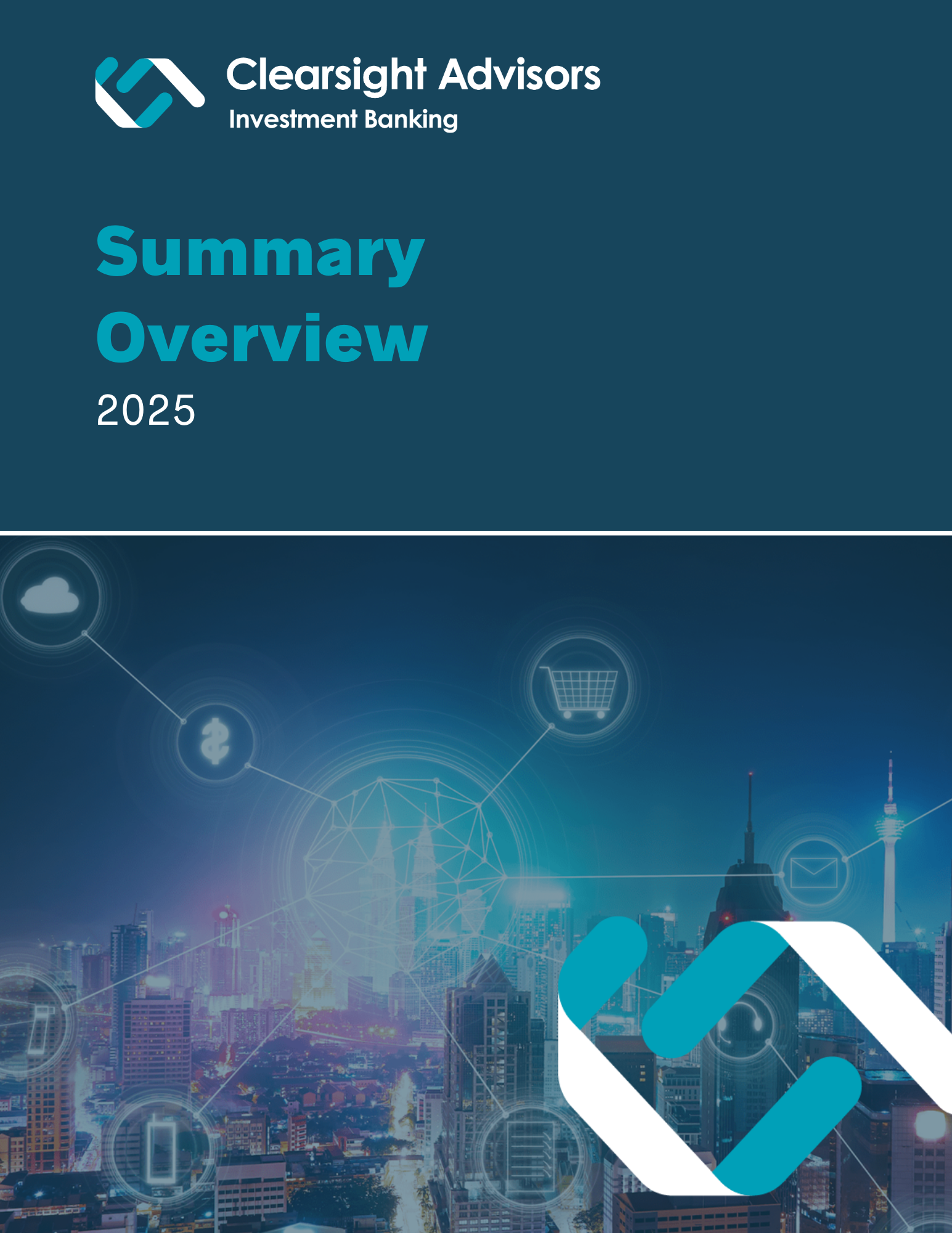Responsible AI & Compliance: Navigating the Risks in a Rapidly Evolving Landscape
Artificial intelligence is reshaping enterprises at a pace few could have predicted. From automating workflows to enhancing cybersecurity, AI is becoming embedded in the core of business operations. As adoption accelerates, so do the risks—particularly in the realm of compliance. For organizations in consulting, IT services, and cybersecurity, the challenge is no longer just technical; it is also regulatory, ethical, and reputational.
AI’s promise is enticing. Yet its complexity introduces a new risk surface that traditional compliance frameworks weren’t built to handle. Data privacy, algorithmic bias, and third-party accountability are no longer theoretical concerns—they’re active fault lines. And with global regulations like the EU AI Act [1] and local laws such as New York City’s bias audit requirements [2] now in effect, the pressure to govern AI responsibly is mounting.
The Compliance Risks of AI
At the heart of AI’s risk profile is data. AI systems rely on vast datasets to train and operate, often pulling from sensitive or personal information. This raises critical questions about how data is collected, stored, and used—especially as models become more complex and opaque. Privacy violations can occur not just through misuse, but through unintended consequences like model inversion or prompt leakage [3].
Bias is another major concern. Without proper oversight, AI models can reinforce or even amplify existing inequalities. New York City’s Local Law 144, which mandates bias audits for automated employment decision tools, has set a precedent that other jurisdictions are likely to follow [2]. It is a clear signal that fairness in AI is no longer optional, it is also enforceable.
Then there’s the regulatory landscape itself, which is evolving rapidly. The EU AI Act, now in force, introduces a tiered risk framework that will phase in over the next two years [1]. High-risk applications—such as those used in hiring, lending, or law enforcement—face stringent requirements around transparency, human oversight, and documentation. For global firms, this means navigating a patchwork of obligations that demand agility and foresight.
Compounding these challenges is the rise of third-party AI tools. Many organizations rely on external vendors for AI capabilities, introducing new layers of risk around transparency, accountability, and ethical standards. The recent release of ISO/IEC 42001—the first AI management system standard—offers a roadmap for governing both internal and vendor-sourced AI, but adoption is still in early stages [4].
Building Responsible AI Governance
To meet these challenges, organizations must evolve their compliance programs into dynamic governance systems tailored for AI. This starts with proactive risk management: identifying AI use cases, assessing potential harms, and implementing controls before deployment. Frameworks like the NIST AI Risk Management Framework provide a structured approach, emphasizing governance, mapping, measurement, and management [3].
Transparency and accountability are equally critical. AI systems must be explainable—not just to developers, but to regulators, auditors, and end users. This means documenting how decisions are made, maintaining model cards, and ensuring traceability across the data lifecycle.
The Market Opportunity Behind Responsible AI
Ethical oversight should be embedded into governance structures, with cross-functional teams—including legal, compliance, IT, and business leaders—collaborating on policy and review. Continuous monitoring is also essential. AI systems must be tracked post-deployment for drift, bias, and misuse, with mechanisms in place to adapt policies as models evolve or regulations change [3].
While the risks are real, so is the opportunity. AI is one of the fastest-growing sectors in the global economy, with 2026 spending projected to exceed $2 trillion [5]. If compliance and governance capture even 1% of that expenditure, we’re looking at a $20 billion market, making responsible AI one of the most promising sub-sectors in risk and compliance.
This growth is already attracting investor attention. Governance platforms like OneTrust and Credo AI have secured significant funding rounds [6], while larger players in cybersecurity and identity management are acquiring AI-native capabilities to address emerging threats. Darktrace’s July 2025 acquisition of Mira Security, where Clearsight advised Mira Security, highlights how AI and compliance are converging—particularly in areas like encrypted traffic inspection and model-aware threat detection [7].
Why This Matters for M&A and Investment Strategy
For buyers and investors, the message is clear: AI governance is no longer a niche—it’s a strategic imperative. We’re seeing increased interest from private equity sponsors, strategic acquirers, and consultancies looking to build out their compliance offerings with AI capabilities. Whether through roll-ups of boutique audit firms, acquisitions of bias-testing platforms, or expansion into managed services for AI controls, the deal flow is accelerating.
At Clearsight, we believe the next wave of M&A in the knowledge economy will be shaped by how well companies can operationalize responsible AI. Firms that build trust through transparency, ethics, and compliance will not only reduce risk, but they’ll unlock new value. As the regulatory environment matures, governance will become a differentiator, not a cost center.
In short, the future of AI compliance is intelligent, but only if it’s responsible.
Contact the Author
Managing Director, Clearsight Advisors
Washington, DC
Sources:
[1] European Commission, “EU AI Act Implementation Timeline,” Official Journal, 2024, [2] Department of Consumer and Worker Protection, “NYC Local Law 144,” 2023, [3] NIST, “AI Risk Management Framework 1.0 & Generative AI Profile,” 2024, [4] ISO, “ISO/IEC 42001:2023 – AI Management System Standard,” 2023, [5] Gartner, “Worldwide AI Market Forecast,” September 2025, [6] OneTrust, “$150M Funding Round,” 2023; Credo AI, “$21M Series B,” 2024, [7] Clearsight Advisors, “Mira Security Acquisition by Darktrace,” 2025
Share

